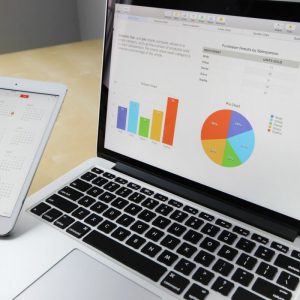4 Key Points to Consider When Drawing up Sale and Leaseback Agreements
Sale and leaseback agreements can be a great option for releasing equity that is tied up in your business. However, these agreements can be a little tricky and it is best to know exactly what you’re getting yourself into before deciding to move forward with sale and leaseback agreements.
To help you pull together a beneficial and effective sale and leaseback agreement, we’ve put together these 5 key points you may want to consider when considering such an arrangement.
Could there be a Capital Gains Tax Liability from the Sale?
When you sell an asset, such as a second property, you may have to pay capital gains tax, depending on your income and the property you are selling.
However, there are many schemes and circumstances in which you may not be required to pay CGT. For example, investors may be able to look into the Enterprise Investment Scheme, which was originally set up to encourage investments in SMEs.
Consider the Pricing of Both Elements Carefully
You could be opting into a sale and leaseback agreement for a number of years or even for the remainder of your working life. That’s why it is important to make sure you have discussed both the cost of sale and the cost of the leaseback with your accountant.
Will there be any Tax Advantages?
There are plenty of tax advantages to sale and leaseback agreements and it may be worth looking into whether you could benefit from this opportunity. It’s best to speak to your accountant on the potential tax benefits that the agreement may bring about.
Have you Employed the Right Accountant to Help you Handle the Agreement?
Our team at Alexander & Co have a wealth of experience in helping with sale and leaseback agreements and have helped a number of clients to successfully benefit from their agreements.
If you’d like more information on our property accounting services, get in touch with us and we can answer any issues you may have.





